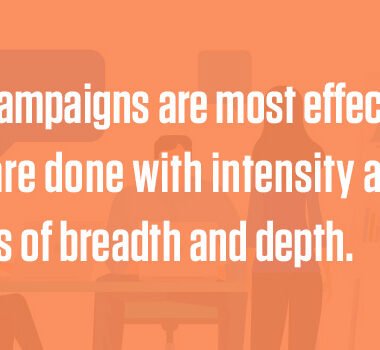It’s easy to misjudge SEO because half of what’s written about it contradicts the other half. This 2htech blog strives to be an accurate source of information because you will never have a successful SEO campaign without it. Here are ten of the most common myths.
SEO is a bunch of smoke and mirrors. SEO is complicated and frequently technical, but it is founded on data and systematic research when done correctly. SEO is a miracle cure. The inverse misconception is also incorrect. SEO takes time and usually entails a significant financial investment. SEO is the primary and dominant form of Internet marketing for many businesses, but rarely the only one. All SEO firms are the same. The expertise, market focus, campaign focus (e.g., e-commerce or lead generation), organizational stability, and experience of SEO companies vary greatly. An SEO partner should be thoroughly vetted. It all comes down to keywords. Keywords alone will not suffice. Content quality is essential, and Google is working hard to make it even more so. Keywords are irrelevant. No, that is also incorrect. According to the data, keywords continue to be very important. They cannot be ignored, even if keyword usage is no longer as precise and mechanical as in the early SEO days.
The more inbound links there are, the better. The quantity and quality of inbound links are more important than the sheer number of inbound links. Links from irrelevant or shady websites will do you more harm than good.
SEO obstructs our ability to present our brand. The inverse should be confirmed. A well-executed SEO-driven content strategy and an SEO-informed website structure should improve the clarity of your communication and the ease of navigation for your site visitors. Higher rankings are the most important goal. No. Obsession with rankings can lead you astray. What good is ranking high for a term that no one searches for, or that is irrelevant to what you sell? Keyword targeting is a much more involved process. Find out more.
The most important goal is to increase organic traffic. No, not again. More organic traffic is beneficial (from an SEO standpoint) only if it generates sales leads.





